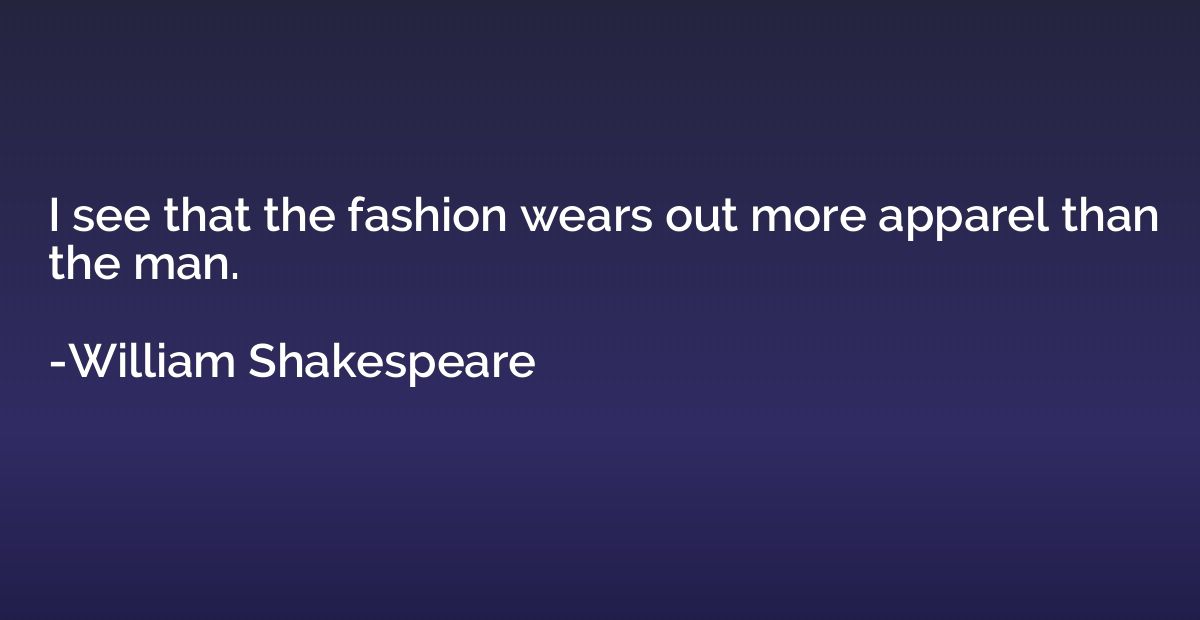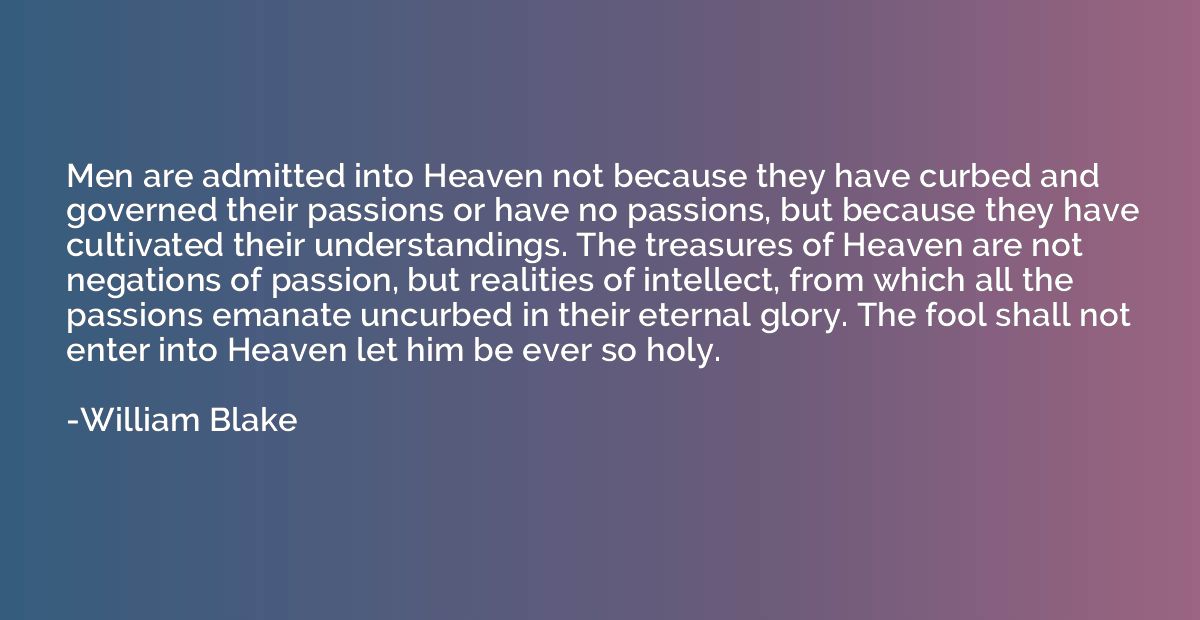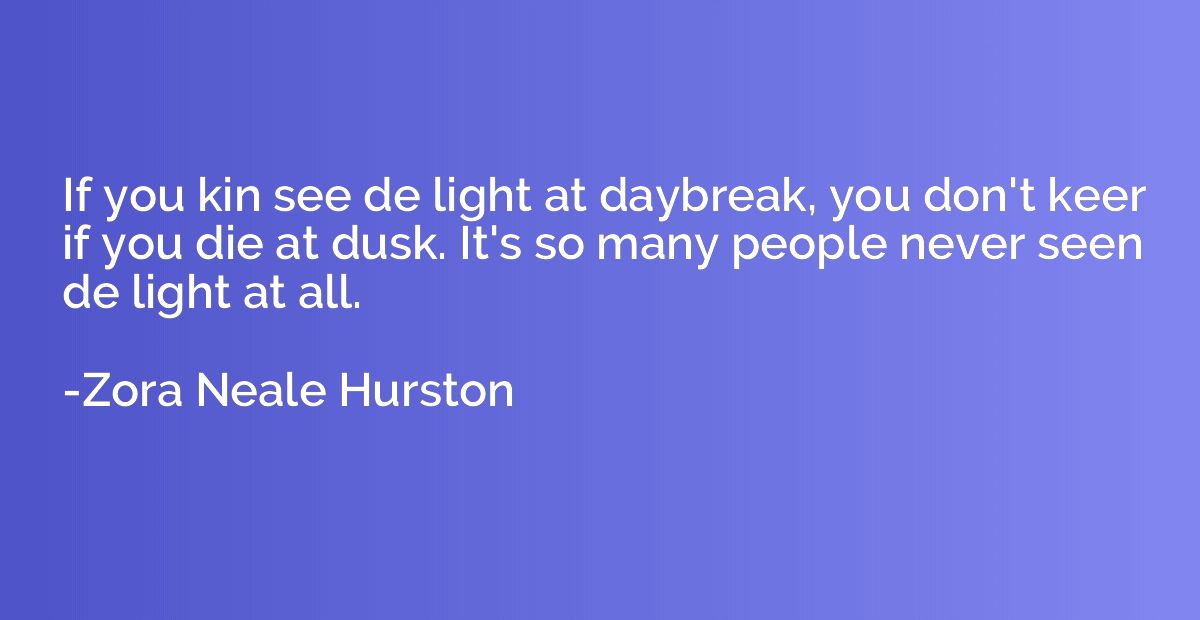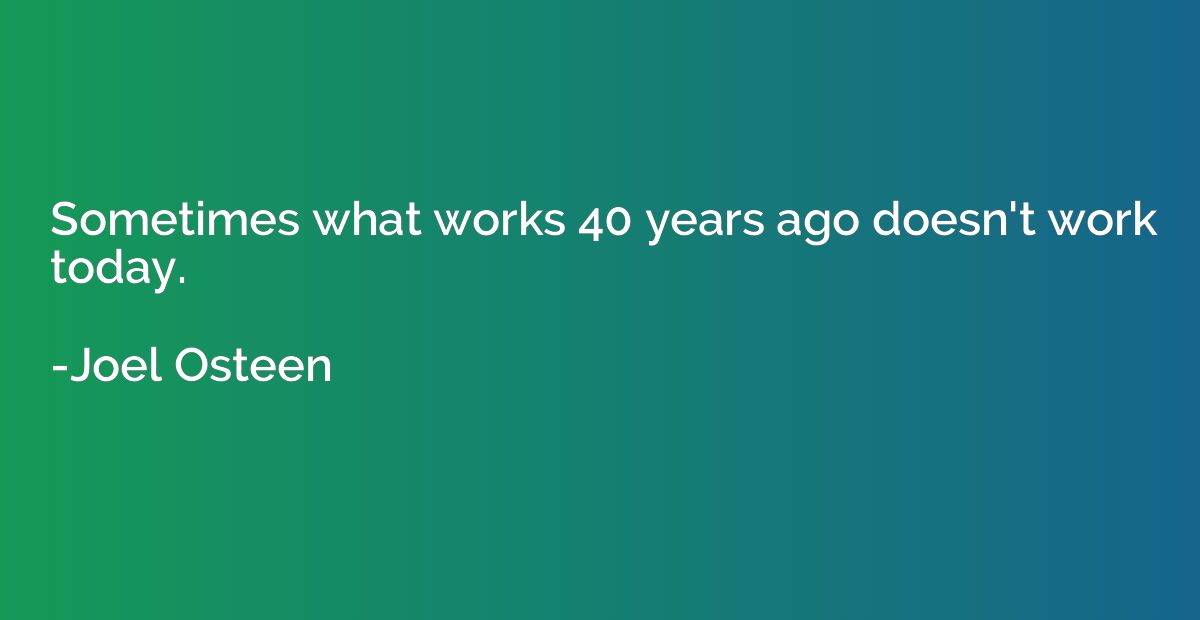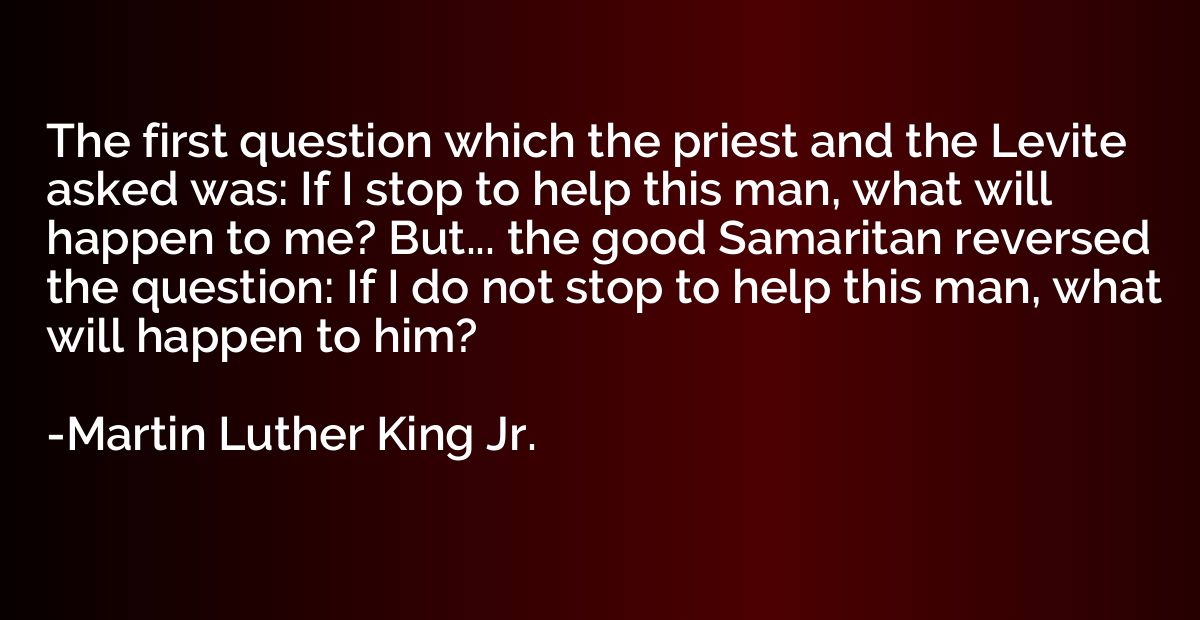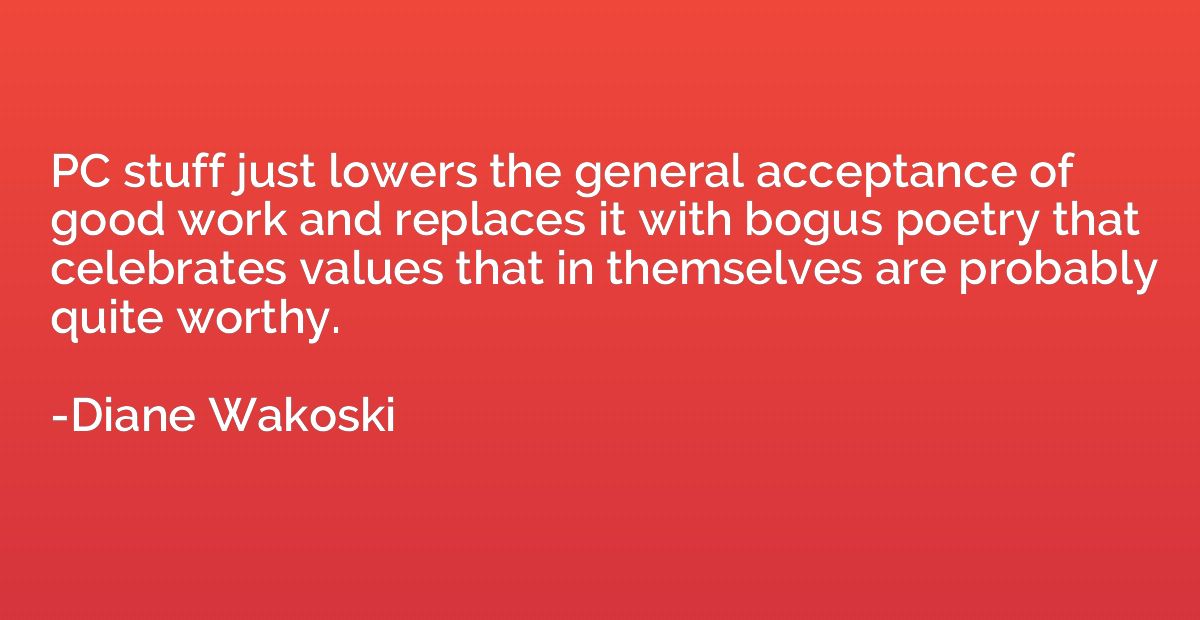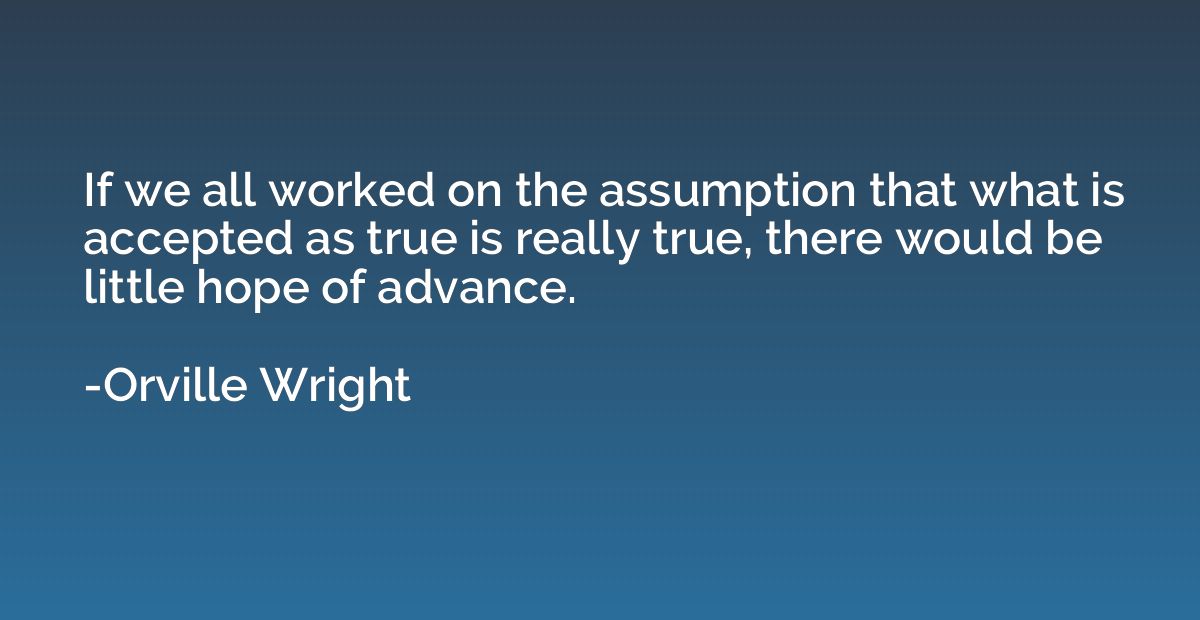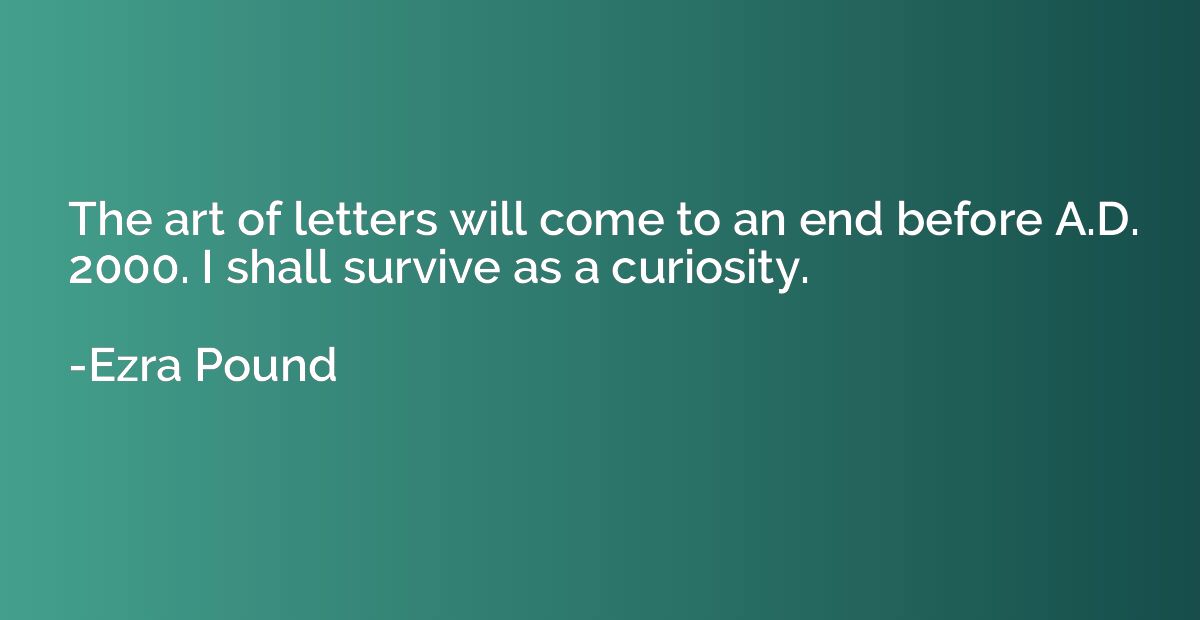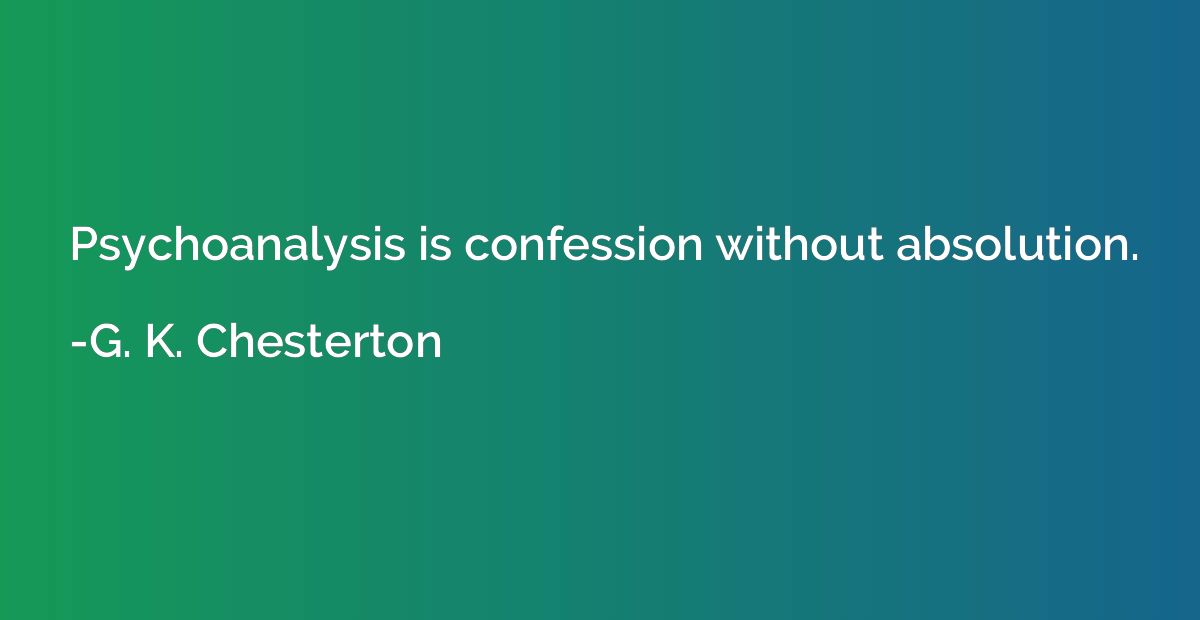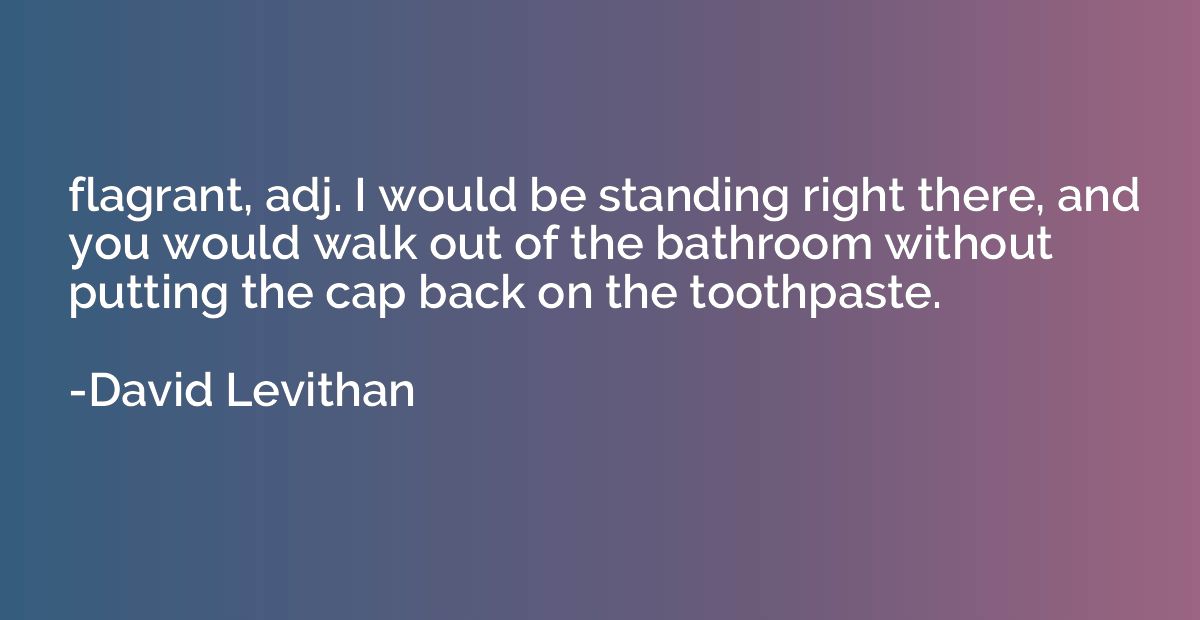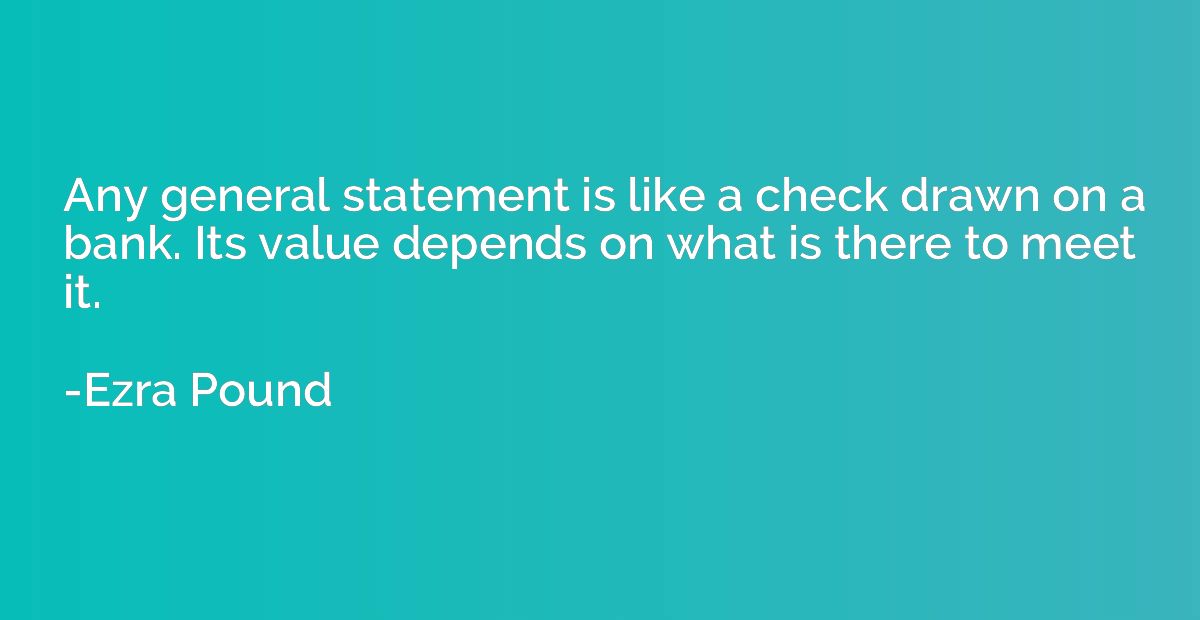Quote by William Shakespeare
When I do count the clock that tells the time,And see the brave day sunk in hideous night;When I behold the violet past prime,And sable curls all silver'd o'er with white;When lofty trees I see barren of leavesWhich erst from heat did canopy the herd,And summer's green all girded up in sheavesBorne on the bier with white and bristly beard,Then of thy beauty do I question make,That thou among the wastes of time must go,Since sweets and beauties do themselves forsakeAnd die as fast as they see others grow;And nothing 'gainst Time's scythe can make defenceSave breed, to brave him when he takes thee hence.
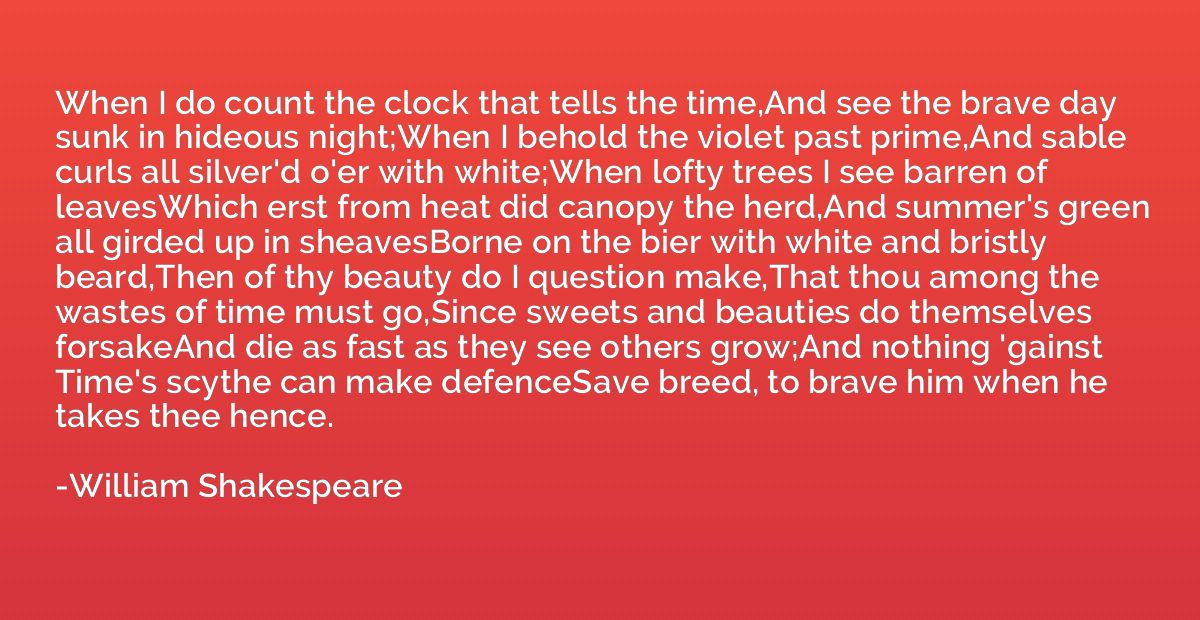
Summary
In this quote from his sonnet, Shakespeare reflects on the passage of time and the inevitable decay and mortality of all things. As he observes the clock ticking and the transition from day to night, the fading beauty of a violet, the greying of once lush and leafy trees, and the harvesting of summer's bounty, he contemplates the transient nature of beauty. He questions how his beloved's beauty, like all pleasantries of life, will eventually succumb to the ravages of time. The only defense against Time's relentless scythe, he concludes, is procreation and the continuation of one's legacy.




